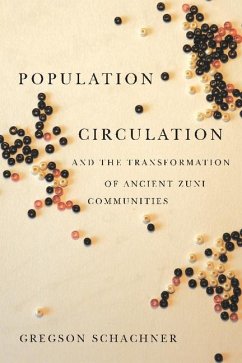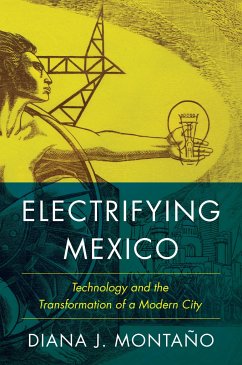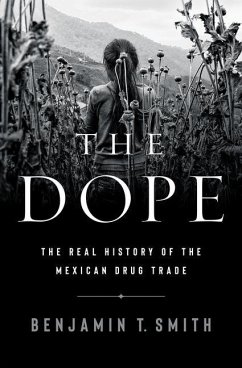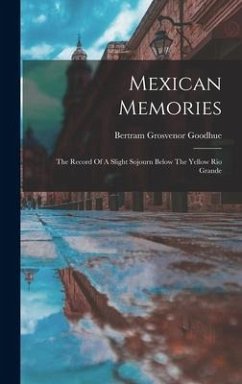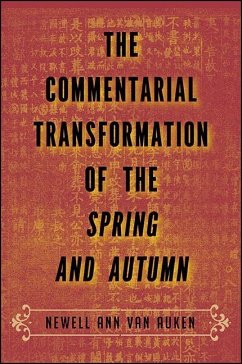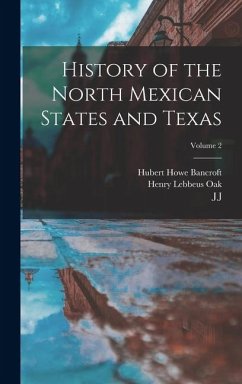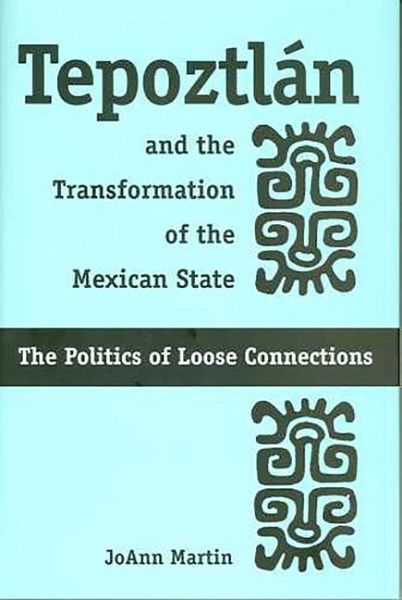
Tepoztlán and the Transformation of the Mexican State
The Politics of Loose Connections
Versandkostenfrei!
Versandfertig in über 4 Wochen
57,99 €
inkl. MwSt.

PAYBACK Punkte
29 °P sammeln!
During the 1980s and '90s, Mexico weathered an economic crisis, witnessed electoral upheaval, and saw the dismantling of state subsidies for farmers and the privatization of nationally owned industries. This book considers how popular movements found fresh footing in this new political-economic land-scape as villagers in Tepoztlan fought to keep communal lands out of the hands of outsiders, the state, and-increasingly-global capitalists. Examining social movement politics from the margins rather than the center, JoAnn Martin revisits the famous Redfield-Lewis debate on Tepoztlan to argue that ...
During the 1980s and '90s, Mexico weathered an economic crisis, witnessed electoral upheaval, and saw the dismantling of state subsidies for farmers and the privatization of nationally owned industries. This book considers how popular movements found fresh footing in this new political-economic land-scape as villagers in Tepoztlan fought to keep communal lands out of the hands of outsiders, the state, and-increasingly-global capitalists. Examining social movement politics from the margins rather than the center, JoAnn Martin revisits the famous Redfield-Lewis debate on Tepoztlan to argue that the gossip seen by Oscar Lewis as undermining community coherence is really a form of political practice. During more than fifteen years of research, Martin observed the metamorphosis of a movement founded as a revolutionary popular struggle into what she terms a "politics of loose connections," in which temporary alliances, flexible identities, and shifting rhetoric are adapted to the demands of the moment. Martin examines contemporary land struggles with an emphasis on the Comite para la Defensa de Tierra and its attempts to weave together strands of an invented tradition, contemporary agrarian reform law, and revolutionary ideology. She shows how Tepoztecan politics borrows discourses from the Mexican state; she then tells how this process shaped local politics in the midst of the contested 1988 national presidential election when local actors elaborated a discourse of democracy as a technique for disciplining gossip, and in 1991 when Tepoztecans began to draw on the support of international environmental NGOs. Throughout her analysis, Martin explores how Tepoztecan politics unfolds in theclimate of mistrust first nurtured by the role of the state in local politics and later by the demands of working with U.S. and Western European environmentalists. Martin shows that the politics of loose connections is above all else a style of political participation that has p



